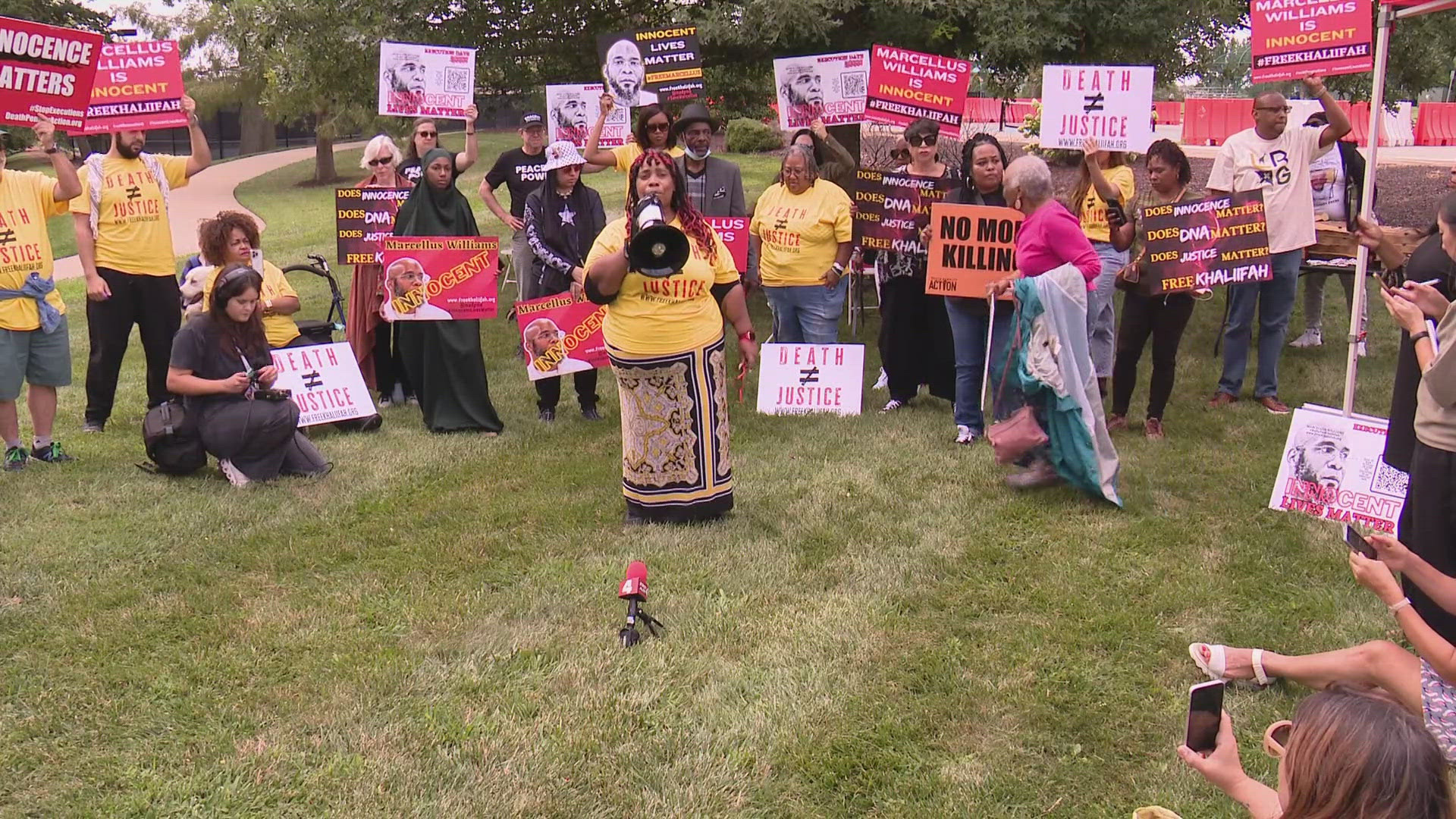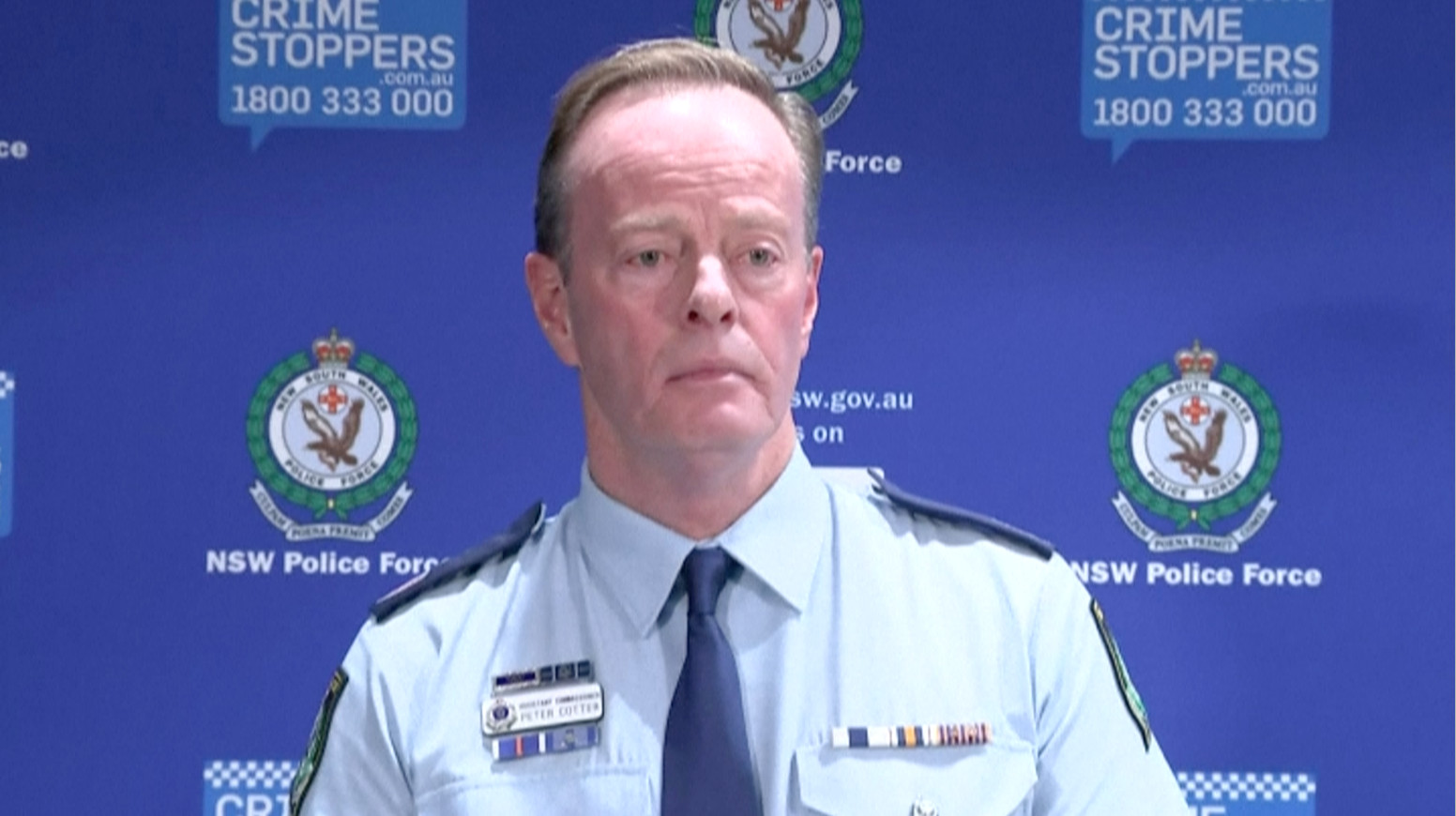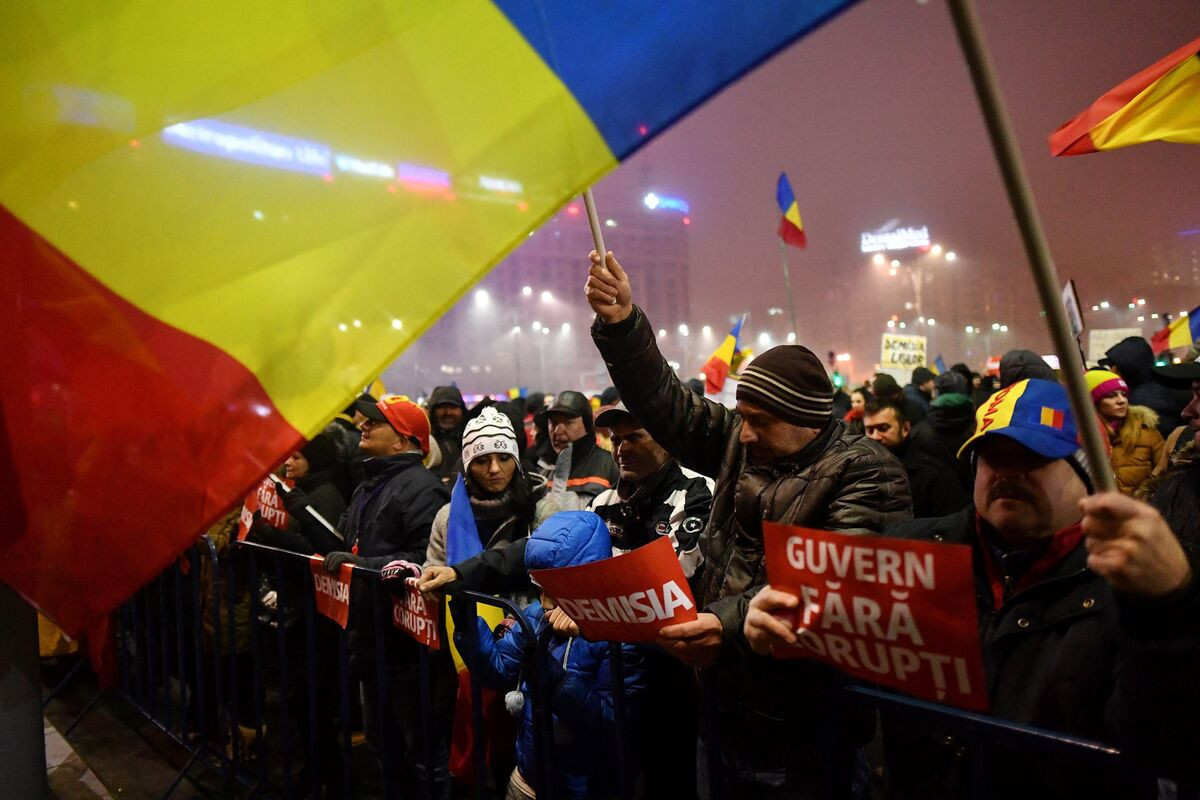Today, advocates for Marcellus “Khaliifah” Williams gathered outside the Missouri Supreme Court, where his appeal was heard in a final attempt to halt his execution scheduled for tomorrow, September 24th. This appeal hearing represents one of the last legal avenues to save the life of a man who has been wrongfully convicted for over 20 years.
Williams was sentenced to death in 2001 for the 1998 murder of former Post-Dispatch reporter Felicia Gayle, a crime for which DNA evidence now proves his innocence. Yet, despite this crucial evidence, Missouri courts and the state’s Attorney General persist in their efforts to carry out this state-sanctioned murder, exemplifying the ongoing legacy of racial violence within the American carceral, punishment system.
Michelle Smith, Co-Director of Missourians for Alternatives to the Death Penalty (MADP), emphasized the injustice surrounding the case. “Finality of a judgment overrides a human person’s life?” She stated in response to comments made by Attorney General where he stated there has to be some finality to a court decision. “That is problematic for me, Nothing should be above actual justice,” Smith said.
“We should take however long it takes to prove Mr. Williams’ innocence and ensure his rights are upheld and that everything is brought out in court… this finality of judgement claim that the AG’s office is upholding is ridiculous… what about the finality of judgement for Eric DeValkenare in Kansas City who murdered a Black person and was convicted and the governor is signaling he wants to pardon him, what happened to that finality of judgement? It’s completely inconsistent.”
The Missouri Supreme Court appeal follows an alarming history of judicial failure. Williams’ conviction was secured largely on the testimonies of two witnesses—both of whom were paid to testify. No forensic evidence linked Williams to the crime scene, and a predominantly white jury handed down the sentence. Since his initial conviction, no substantial physical evidence has emerged connecting Williams to the crime, only deepening the questions around the systemic bias that led to his conviction.
The latest ruling from St. Louis County Judge Bruce Hilton on September 13th upholding Williams’ conviction has only added fuel to the fire, leading his legal team to appeal once again to the Missouri Supreme Court. Yet even in this final hour, the courts seem more concerned with bureaucratic finality than with truth and justice. As Smith put it, “He’s been incarcerated for 24 years. They’re not necessarily going to let him go tomorrow. So this finality of judgment claim is ridiculous, especially because they only care about it when it’s about Black and poor people.”
Nimrod Chapel, President of the Missouri NAACP, echoed these sentiments. “The Attorney General’s argument about finality is a double-edged sword. It’s not about just being done with the case, it’s about did we get to the truth?” Chapel asked, “The prosecutor’s job is to get to the truth, and they’ve failed time and time again. This will be yet another public failure of that office to ensure that justice is done.”
As the clock ticks down, more than half a million people across the country, including dozens of faith leaders, have joined forces, calling on Governor Parson to halt the execution. “We need to figure out what went wrong before, not after. Now is the time,” said Chapel. He urged citizens to continue pressuring the governor, asking them to call and demand an immediate halt to the execution. “Faith leaders are praying to ensure that Mr. Williams is not murdered. Every Missourian would be complicit in this grave injustice if the execution goes forward.”
Williams’ case is emblematic of the systemic racism plaguing the criminal legal system, particularly in cases where Black and Brown individuals are disproportionately targeted for capital punishment. His trial jury consisted of 11 white jurors and only one Black juror. The racial bias in jury selection, combined with the reliance on paid testimony and the complete absence of forensic evidence tying Williams to the crime, has led advocates to liken this to a modern-day lynching.
“The death penalty, especially in cases like this, is an extension of the long history of racial violence in this country,” Smith explained. “Missouri is once again showing that Black lives, Black bodies, can be disposed of by the state without consequence.”
The Case Against Marcellus Williams
The Missouri Supreme Court decision, however, was largely based on DNA evidence that was found to be contaminated. The DNA evidence, initially used to support the case against Williams, was found to have been tampered with by the prosecutor's office. It is a fact that has only intensified questions regarding the case's integrity.
Williams’ attorneys argued that the state Supreme Court should send the case back to a lower court for a new hearing on the issue of racial bias in jury selection. They alleged that the prosecutor had wrongly struck a potential Black juror during the original trial solely due to his race. This issue is now a cornerstone of the arguments against the execution.
The court, however, ruled that there was no evidence to suggest racial bias in jury selection. This despite the fact that the prosecutor, Keith Larner, admitted to striking a potential juror because he looked like Williams.
The case also centers around the disputed testimonies of Williams’ former girlfriend, Laura Asaro, and a jailhouse informant named Henry Cole. Both were convicted of felonies and were seeking a $10,000 reward for information.
The Role of the Prosecutor
The prosecutor, Keith Larner, has played a central role in the controversy surrounding the case. He has admitted to touching the murder weapon without gloves before the original trial, a fact that led to the contamination of crucial DNA evidence. Larner has also been called out for his actions during jury selection, which have been questioned for their potential racial bias.
However, the prosecutor has denied any wrongdoing, claiming that his actions were consistent with the standards of the time. He has also argued that his decision to strike a potential Black juror was not racially motivated.
The Last Stand
Despite the decision by the Missouri Supreme Court, Williams’ legal team is not giving up. They are now turning to the U.S. Supreme Court, seeking a stay of execution to allow for a review of the jury issue and the governor’s decision to terminate a board of inquiry studying Williams’ conviction before the board had made any recommendations.
The Midwest Innocence Project, which is representing Williams, believes that the decision to execute him is a grave injustice. “Missouri is poised to execute an innocent man, an outcome that calls into question the legitimacy of the entire criminal justice system,” said Tricia Rojo Bushnell, the project’s executive director.
The clock is ticking, and the fate of Marcellus Williams hangs in the balance. This case, with its allegations of racial bias, contaminated evidence, and questionable testimonies, has become a symbol of the flaws within the criminal justice system, particularly in cases where Black and Brown individuals are disproportionately targeted for capital punishment.
The question now is whether the U.S. Supreme Court will intervene to save Williams’ life or if he will become another victim of the state’s persistent pursuit of a questionable conviction. The world will be watching closely as this story unfolds.

















